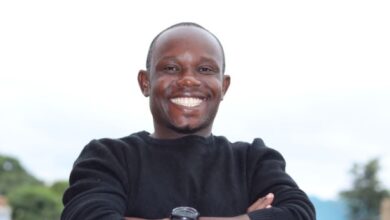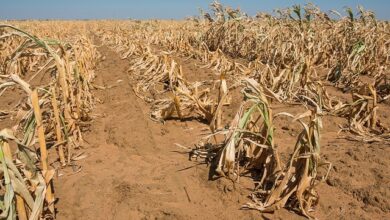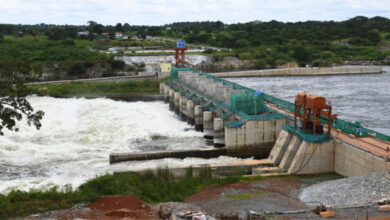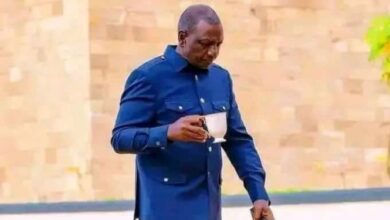The Bagungu Cultural Gala was a defeat to all dominant forces conspiring to deprive their indigeneity.

Op-Ed: In the naming of the $10 billion Tilenga Oil and Gas Project that straddles Bugungu (present-day Buliisa) and Nwoya districts in the north of Lake Albert, TotalEnergies Uganda (TEPU) and the government of Uganda claimed that the name Tilenga had been derived from the local names for an antelope in the ethnic languages native to the oil project area. The first three letters, ‘Til’, had been borrowed from the Luo word for an antelope, and the last three letters, ‘nga’, were from the word ‘Engabi,’ the Nyoro name for an antelope. The hypocorisms had been joined to come up with Tilenga.
However, the ethnic group native to Buliisa district is the Bagungu. In their orthography and the dictionary widely referred to as ‘Ntontogoli’, there is no such word as ‘Engabi.’ The Ngungu name for an antelope is “Mparaaki.” Of course, all these facts were deliberately ignored.
Tilenga would go ahead and outrageously claim in their ESIA report that in the context of International Financial Corporation, there were no indigenous groups that met the classification of indigenous peoples found existing in the Tilenga area.
Well, it is common sense that the classification of Bagungu and other groups native to the Tilenga Project area as indigenous by international standards would mandate TotalEnergies and the government of Uganda to accord the ethnic groups native to the Tilenga Project area economic benefits and full respect for their rights to participation in key decisions regarding the exploitation of their native lands.
Equally, it is also very important to note that by international standards, indigenous peoples are self-identifying, so neither TotalEnergies nor the government of Uganda have authority to declassify and dispose of the Bagungu.
I am not sure if TotalEnergies, Petroleum Authority Uganda, or the government did any deliberate independent study on the question of the indigenous peoples of the Albertine region. If at all they did, I wish to declare that it was not only inadequate but also illegitimate and must be treated with all the contempt it deserves.
No wonder on April 27, 2024, in Buliisa Town, the Bagungu held their traditional gala, aka Kabbari. Despite the invitation, the Tilenga developer and her subcontractor, including the Bunyoro Kitara Kingdom, who had allegedly written a letter to the Inspector General of Police on April 23, 2024, to block the cultural event, collectively and shamefully shied away from coming to witness the distinct heritage and culture of the Bagungu people.
In 1902, the special British Commissioner Harry Johnston wrote in his ethnological compendium that the language spoken in Bugungu differed widely from the Nyoro dialect and recommended an independent anthropological study.
The British always thought that the Bagungu were remnants. Perhaps of the carnage that happened for half a century (1860s and 1890s) when the Bagungu people were caught in the middle of grave hostilities and crossfire between the traders and slavers from the north (Khartoum) under Sir Samuel Baker and Bunyoro Kitara.
The popular British massacre in the Kitara area, to which the Bunyoro Kitara Kingdom feels entitled for reparations, happened in the land of Bugungu. In any case, it is the Bagungu who, by facts, are supposed to be compensated for the mass destruction and the genocide.
Omukama Kabaleega had observed the land of Bugungu to be do or die during his resistance against the Turco-Egyptian imperial project as it provided a riverine transportation terminal along the Albert Nile.
The author is Nelson Byaruhanga, an indigenous journalist, writer, and filmmaker.
Disclaimer: As UG Reports Media LTD, we welcome any opinion from anyone if it’s constructive for the development of Uganda. All the expressions and opinions in this write-up are not those of UG Reports Media Ltd. but of the author of the article.
Would you like to share your opinion with us? Please send it to this email: theugreports@gmail.com.







Heya i am for the primary time here. I found this board
and I to find It really helpful & it helped me out a lot.
I am hoping to offer something back and aid others like you aided me.